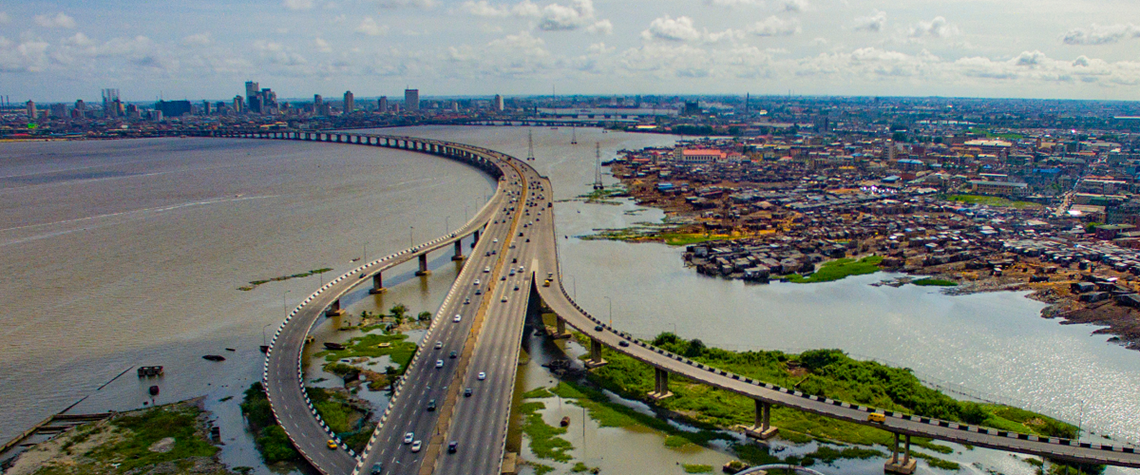Nigeria puts money into gas drive
A state guarantee for the bulk of the financing needed for a big pipeline project suggests Nigeria is serious about boosting domestic gas supplies
Successive Nigerian governments have talked about better utilising the country’s vast gas reserves to drive economic growth—with little to show for it. But measures announced by President Muhammadu Buhari’s administration look set to get the sector moving. The flagship projects in this push are two new gas pipelines and a series of power stations along their routes, designed to alleviate decades of inadequate electricity supply. The 614km Ajaokuta-Kaduna-Kano (AKK) pipeline will take gas from the Niger delta to northern Nigeria, while the Escravos-Lagos Pipeline System (ELPS) 2 project will double the capacity of a pipeline serving the country’s largest city. The government underscored its

Also in this section
18 February 2026
With Texas LNG approaching financial close, Alaska LNG advancing towards a phased buildout and Magnolia LNG positioned for future optionality, Glenfarne CEO Brendan Duval says the coming year will demonstrate how the company’s more focused, owner-operator approach is reshaping LNG infrastructure development in the North America
18 February 2026
The global gas industry is no longer on the backfoot, hesitantly justifying the value of its product, but has greater confidence in gas remaining a core part of the global energy mix for decades
18 February 2026
With marketable supply unlikely to grow significantly and limited scope for pipeline imports, Brazil is expected to continue relying on LNG to cover supply shortfalls, Ieda Gomes, senior adviser of Brazilian thinktank FGV Energia,
tells Petroleum Economist
17 February 2026
The 25th WPC Energy Congress, taking place in Riyadh, Saudi Arabia from 26–30 April 2026, will bring together leaders from the political, industrial, financial and technology sectors under the unifying theme “Pathways to an Energy Future for All”







